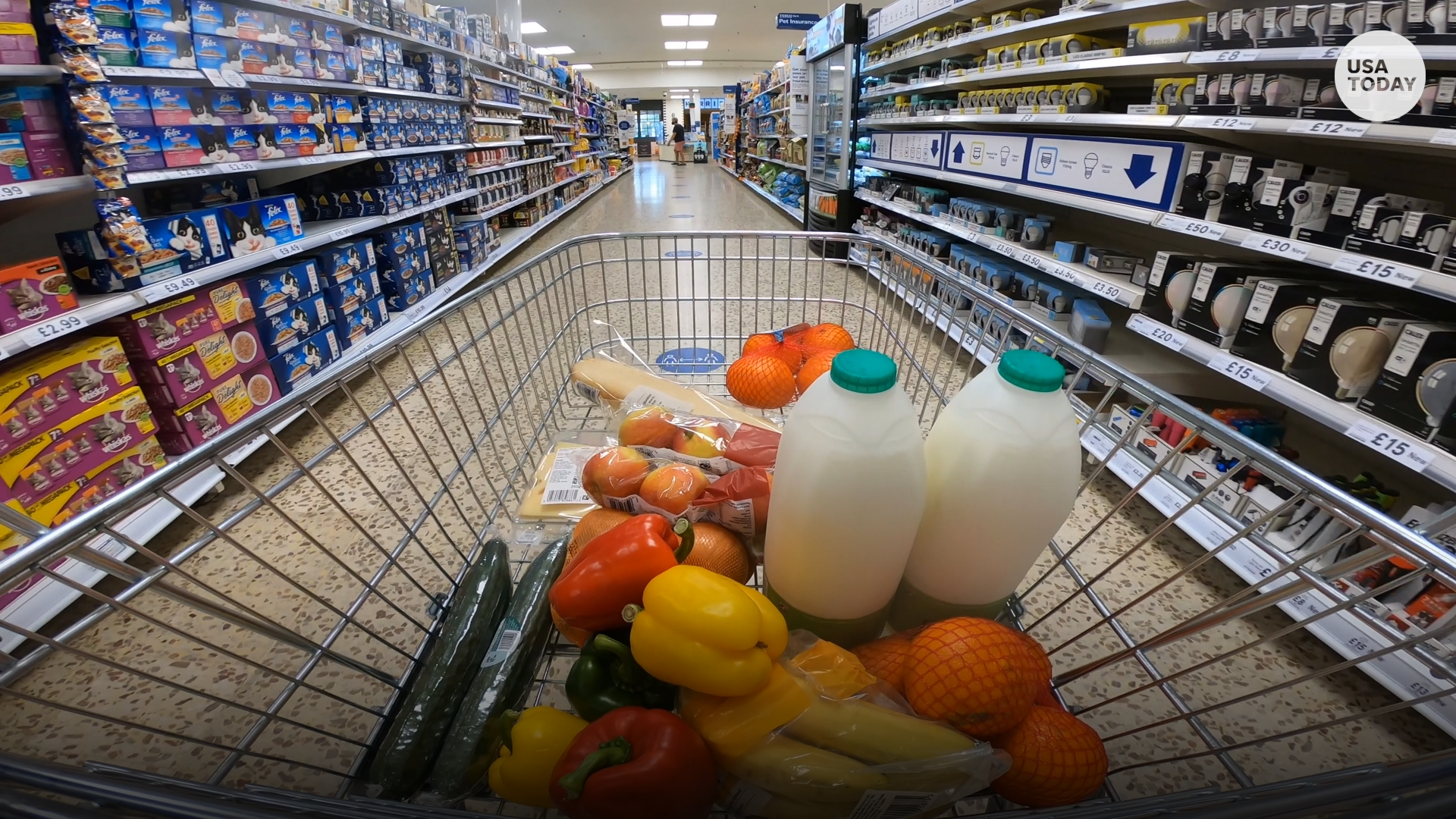In humans, acute symptoms from consuming the toxic substance include nausea, gastrointestinal disturbances and vomiting, the World Health Organization said.

Tips to help manage food recalls and prevent foodborne illnesses
About 128,000 are hospitalized and 3,000 people die each year from preventable foodborne illnesses.
Payton, USA TODAY
More than 7,000 cases (over 170,000 bottles) of apple juice were voluntarily recalled by S Martinelli & Company over concerns of patulin contamination, a toxic substance produced by certain molds.
The Watsonville, California-headquartered company announced the recall on March 18, citing “potential contamination with patulin,” according to the U.S. Food and Drug Administration. The recall impacts 7,234 cases of apple juice, which contained four of its signature 10-ounce glass bottles per pack, with six packs per case, bringing the recall to 173,616 bottles.
The recall is listed as Class II, meaning the use of or exposure to the product “may cause temporary or medically reversible adverse health consequences.”
USA TODAY contacted S Martinelli & Company on April 26 but has not received a response.
What is patulin?
According to the World Health Organization, patulin is a poisonous substance often found in rotting apples and apple products.
For humans, the acute symptoms from consuming patulin include nausea, gastrointestinal disturbances and vomiting, the specialized agency said. The pasteurization process cannot remove patulin from the affected product, the FDA says.
Where was the apple juice distributed?
The FDA said the impacted cases of apple juice were distributed in 28 U.S. states: Alabama, Arizona, Arkansas, California, Connecticut, Delaware, Florida, Georgia, Illinois, Indiana, Iowa, Kansas, Kentucky, Louisiana, Michigan, Mississippi, Missouri, New Hampshire, New Jersey, New York, North Carolina, Ohio, Pennsylvania, South Carolina, Texas, Utah, Virginia and Wisconsin.
The affected apple juice was sold by stores in 10-ounce “bulbous/round glass bottle(s)” with a “white metal screw top lid,” per the FDA’s enforcement report. The recalled bottles had a “best by” date of Dec. 5, 2026, and a UPC number reading “0 41244 04102 2.”

